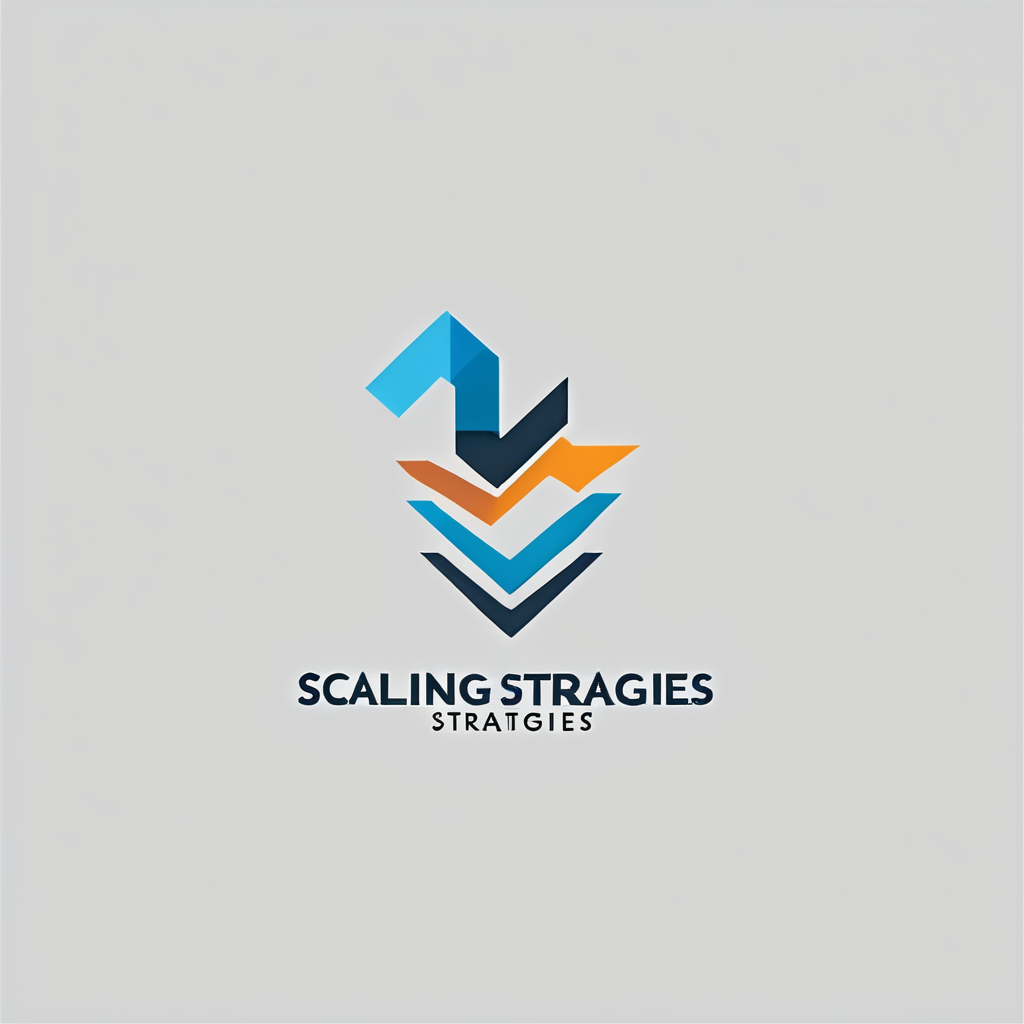Bristol’s tech industry is rapidly evolving, and machine learning stands at the forefront of this transformation. Companies harnessing its potential are unlocking innovative pathways for product development. This exploration delves into practical applications of machine learning within a Bristol tech company, showcasing how harnessing data-driven insights can enhance creative processes and streamline product iterations. Discover strategies that not only elevate product offerings but also position businesses for sustainable growth in an increasingly competitive landscape.
Introduction to Machine Learning in Product Development
Machine learning is revolutionising product development by enabling companies to create more efficient and innovative solutions. This technology allows for the analysis of large datasets, providing insights that can lead to better decision-making and product improvements. In the context of Bristol tech companies, machine learning is particularly relevant as it supports the rapid pace of innovation required in today’s competitive market.
Also to see : Expert solutions to recover your suspended instagram account
The significance of machine learning in product development cannot be overstated. It automates complex processes, reduces human error, and accelerates the time-to-market for new products. This is crucial for tech companies striving to maintain a competitive edge. In Bristol, a city known for its vibrant tech scene, companies are increasingly adopting machine learning to enhance their product offerings and improve customer satisfaction.
The growth of tech companies in Bristol is a testament to the transformative power of machine learning. Businesses in this region are leveraging machine learning to not only streamline their operations but also to pioneer new technologies and applications. This has led to a surge in innovation, positioning Bristol as a hub for cutting-edge tech development. As more companies embrace machine learning, the potential for further advancements in product development continues to expand.
In parallel : Unlocking Collaborative Potential: Leveraging Open-Source Tools at a Cambridge Research Lab
Case Studies of Successful Machine Learning Integration
Exploring case studies of machine learning integration in Bristol’s tech industry offers insightful success stories that highlight the transformative impact of this technology. These examples demonstrate how local companies leverage machine learning to enhance their product development, boost innovation, and maintain market competitiveness.
Company 1: Graphcore
Graphcore, a leading name in the Bristol tech scene, focuses on developing intelligent processing units (IPUs) designed for machine learning applications. By integrating machine learning into their product development, Graphcore has achieved significant advancements in processing speed and efficiency. This has enabled them to provide cutting-edge solutions that cater to the growing demands of AI workloads. The measurable impacts include improved performance benchmarks and a stronger competitive position in the global AI hardware market.
Company 2: Ultrahaptics
Ultrahaptics, renowned for its innovative haptic feedback technology, has successfully incorporated machine learning to enhance user experiences. By analysing user interactions, the company refines its touchless technology, making it more intuitive and responsive. This integration has resulted in products that offer more precise and immersive feedback, setting Ultrahaptics apart from competitors and expanding its market reach.
Company 3: Open Bionics
Open Bionics, a pioneer in advanced prosthetics, uses machine learning to personalise and optimise prosthetic devices. By analysing data from sensors, the company tailors devices to individual users, improving functionality and comfort. This approach not only enhances user satisfaction but also positions Open Bionics as a leader in the prosthetics industry, with a reputation for innovation and customer-centric solutions.
Practical Applications of Machine Learning in Product Development
Machine learning is at the forefront of innovation strategies in product development, offering a myriad of practical applications. These applications not only streamline processes but also enhance the overall user experience. Let’s delve into some of the most impactful machine learning techniques and their integration with other technologies.
Examples of Machine Learning Techniques
In product development, machine learning techniques such as predictive analytics and natural language processing (NLP) are widely used. Predictive analytics allows companies to forecast trends and consumer behaviour, enabling them to tailor products to market needs. NLP, on the other hand, enhances user interaction by processing and understanding human language, which is crucial for developing intuitive interfaces.
Enhancing Product Design and User Experience
Machine learning significantly improves product design by enabling data-driven decisions. Through techniques like computer vision, products can be designed with greater precision, offering users a more seamless experience. This is particularly evident in industries such as automotive and consumer electronics, where machine learning helps in creating adaptive and responsive systems.
Integration with Other Technologies
The integration of machine learning with technologies like IoT and blockchain further amplifies its potential. For instance, IoT devices equipped with machine learning algorithms can autonomously adjust to user preferences, providing a personalised experience. Similarly, combining machine learning with blockchain ensures enhanced security and transparency in product development processes.
By leveraging these practical applications, companies can not only innovate but also maintain a competitive edge in the ever-evolving market landscape.
Benefits of Leveraging Machine Learning for Innovation
Leveraging machine learning in product development offers numerous benefits, driving innovation through technology and ensuring a competitive advantage. By incorporating machine learning, companies can significantly enhance efficiency, accuracy, and decision-making processes.
One of the key advantages is the ability to automate complex tasks, which reduces the likelihood of human error and accelerates project timelines. This efficiency not only lowers costs but also allows businesses to allocate resources more effectively. Machine learning algorithms can process vast amounts of data quickly, providing insights that lead to informed decision-making and strategic planning.
Moreover, machine learning enhances accuracy by continuously learning from data, allowing for more precise predictions and solutions. This is particularly beneficial in industries like healthcare and finance, where accuracy is paramount. For example, predictive maintenance in manufacturing can minimise downtime and extend equipment life, directly impacting the bottom line.
Companies that successfully integrate machine learning often experience increased market share and improved customer satisfaction. By offering products that are more tailored to consumer needs and preferences, businesses can differentiate themselves from competitors. This customer-centric approach fosters loyalty and boosts brand reputation.
In conclusion, the strategic use of machine learning not only drives innovation through technology but also secures a competitive advantage in the market. By embracing these advancements, companies can achieve remarkable growth and sustainability.
Challenges Faced by Tech Companies in Implementing Machine Learning
Implementing machine learning presents several challenges for tech companies, affecting their ability to fully leverage this transformative technology. One major implementation barrier is the complexity of integrating machine learning systems into existing infrastructures. This often requires significant technical expertise and resources, which can be daunting for companies without the necessary skills or budget.
Data privacy is another critical concern. As machine learning relies heavily on large datasets, ensuring the security and confidentiality of this data is paramount. Companies must navigate complex regulations and establish robust data protection measures to maintain user trust and comply with legal standards. This challenge is compounded by the ethical considerations surrounding the use of personal data, which requires careful handling to avoid misuse and bias.
To overcome these challenges, tech companies can draw on industry experiences and best practices. For instance, investing in training programs to upskill employees can bridge the knowledge gap, enabling smoother adoption of machine learning technologies. Additionally, collaborating with external experts or partnering with specialised firms can provide the necessary support and guidance.
Implementing comprehensive data governance frameworks is also crucial. These frameworks help in managing data responsibly, ensuring compliance with regulations, and addressing ethical concerns. By tackling these implementation barriers head-on, tech companies can harness the full potential of machine learning, driving innovation and maintaining competitiveness in the market.
Best Practices for Implementing Machine Learning in Product Development
Implementing machine learning in product development requires strategic implementation strategies and adherence to best practices to ensure success. A key methodology is adopting an iterative approach, which involves continuously testing, learning, and refining algorithms. This allows for the identification and correction of errors early in the process, enhancing the overall quality of the product.
Cross-functional collaboration is crucial in tech innovation. By bringing together diverse expertise from data scientists, engineers, and product managers, companies can foster a holistic approach to machine learning integration. This collaboration ensures that all aspects of the product development process are aligned, from data collection to deployment, ultimately leading to more robust and effective solutions.
Continuous learning and adaptation are vital in the ever-evolving landscape of machine learning. Companies should invest in ongoing training programs to keep their teams updated with the latest advancements and trends. This not only enhances the skill set of employees but also encourages a culture of innovation and adaptability, which is essential for sustaining competitive advantage.
In summary, successful machine learning implementation hinges on adopting recommended methodologies, fostering cross-functional collaboration, and committing to continuous learning. By embracing these best practices, companies can drive tech innovation and achieve significant advancements in product development.












